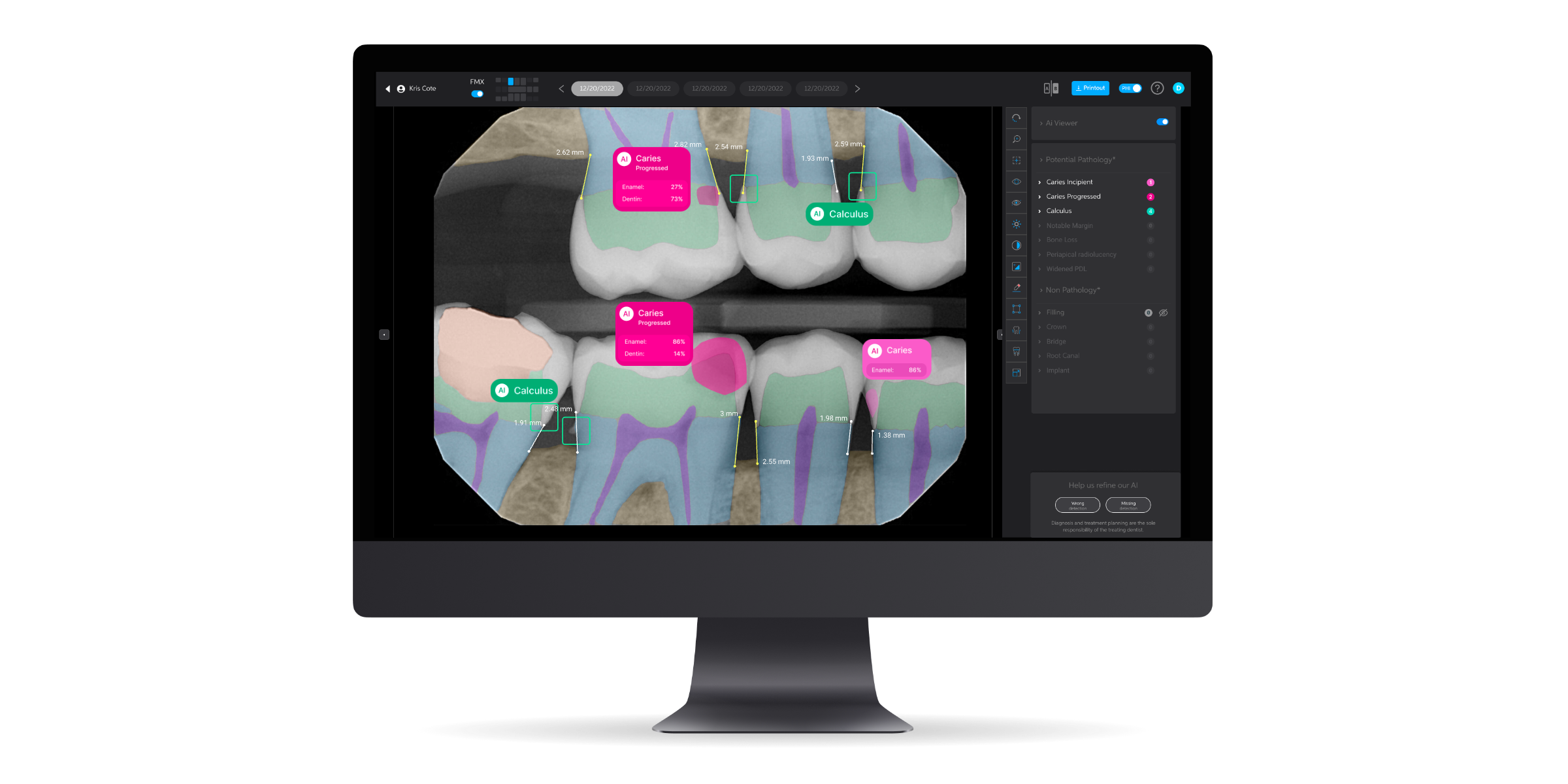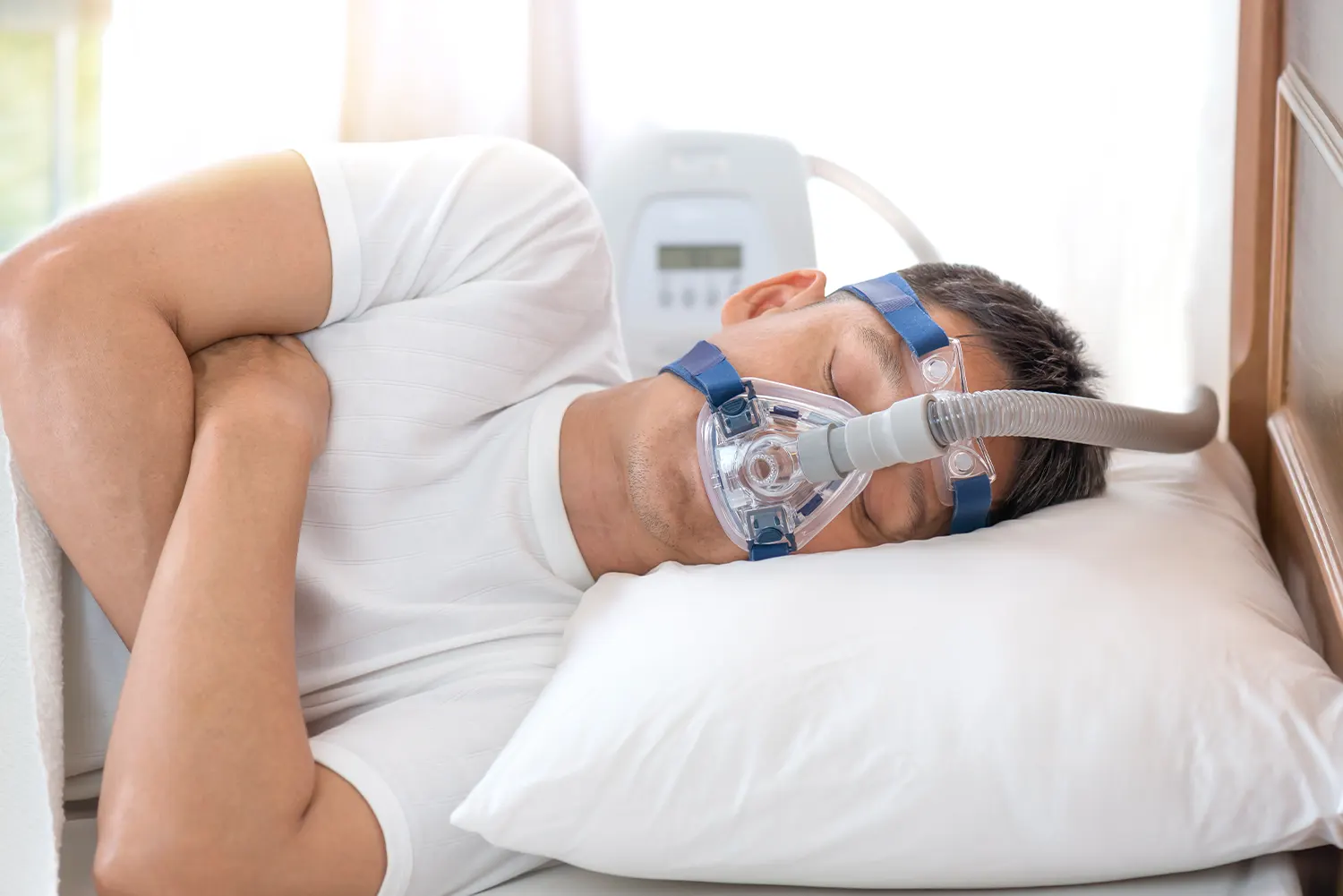
The Hidden Dangers of Sleep Apnea — And What You Can Do About It
Sleep apnea isn’t just about snoring — it’s a serious medical condition that can quietly chip away at your health and quality of life. Often undiagnosed, this common sleep disorder causes repeated interruptions in breathing during the night, putting stress on your heart, brain, and entire body. If you or your partner notice symptoms like loud snoring or constant fatigue, it might be time to take a closer look.
At our Murrieta dental practice, Dr. Matthew Kanter offers modern, non-invasive treatments that can help you manage sleep apnea comfortably — often without the need for bulky CPAP machines. Here’s what every patient should know.
What Is Sleep Apnea?
Sleep apnea is a condition in which breathing stops and starts repeatedly during sleep. These pauses can last for seconds or longer, often jolting you awake without you even realizing it. The most common types include:
- Obstructive Sleep Apnea (OSA): Caused by the collapse of soft tissue in the back of the throat, blocking airflow.
- Central Sleep Apnea: A less common form where the brain doesn’t properly signal the muscles that control breathing.
- Complex Sleep Apnea Syndrome: A combination of both obstructive and central sleep apnea.
If left untreated, these disruptions can impact everything from your mood to your heart health.
Why Sleep Apnea Is So Dangerous
The effects of untreated sleep apnea go far beyond restless nights. Here are some of the hidden health risks associated with this condition:
- Heart Disease & High Blood Pressure: The strain of low oxygen levels can raise blood pressure and increase your risk for heart attack or stroke.
- Daytime Fatigue: Interrupted sleep cycles prevent you from reaching restorative sleep, leading to exhaustion, irritability, and even an increased risk of accidents.
- Type 2 Diabetes Risk: Sleep apnea has been linked to insulin resistance, a major factor in developing diabetes.
- Liver Function Issues: Studies show a correlation between sleep apnea and abnormal liver test results.
The longer sleep apnea goes untreated, the more it can affect your health. Fortunately, early intervention can help prevent long-term complications.
Signs You Might Have Sleep Apnea
Because sleep apnea happens while you sleep, it can be hard to recognize on your own. Common warning signs include:
- Loud or chronic snoring
- Waking up gasping or choking
- Morning headaches or dry mouth
- Trouble concentrating or forgetfulness
- Feeling tired no matter how long you slept
- Frequent waking or insomnia
- Observed pauses in breathing by a partner
If any of these sound familiar, it’s time to talk to a professional.
Dental Treatment Options for Sleep Apnea
You don’t always need a CPAP to treat sleep apnea — especially if you're dealing with mild to moderate OSA. As a dentist trained in dental sleep medicine, Dr. Kanter offers custom-fitted oral appliances that help keep your airway open by gently adjusting your jaw or tongue position during sleep.
These devices are:
- Comfortable, quiet, and easy to travel with
- Ideal for patients who can’t tolerate a CPAP
- Backed by sleep physicians and often covered by insurance
We’ll coordinate with your medical provider to ensure you get a proper diagnosis (often through at-home sleep testing) and a personalized treatment plan that fits your lifestyle.
Supporting Your Sleep with Healthy Habits
In addition to oral appliance therapy, certain lifestyle changes can support your treatment and minimize symptoms:
- Weight management to reduce tissue pressure around the airway
- Sleeping on your side rather than your back
- Avoiding alcohol and tobacco, which relax airway muscles
- Sticking to a consistent sleep schedule to help regulate your sleep cycles
We’re here to help you make small changes that lead to big improvements.
Breathe Easier with Sleep Apnea Care in Murrieta
At our Murrieta dental office, we’re committed to helping patients sleep better and live healthier. If you’re ready to take control of your sleep apnea — or just want to learn more about your options, we’re here to help.
Call Dr. Matthew Kanter at (951) 677-7785 to schedule your sleep apnea consultation and take the first step toward better rest and better health.
Related Posts

Discover Smarter, Faster Dental Care with Pearl AI at Peak Vision Dental

The Hidden Dangers of Sleep Apnea — And What You Can Do About It
Often undiagnosed, this common sleep disorder causes repeated interruptions in breathing during the night, putting stress on your heart, brain, and entire body.

Serving Those Who Serve: Comprehensive Dental Care for Veterans, Active Duty Military, and Their Families
Our commitment is to provide exceptional dental care tailored specifically to the unique needs of veterans, active duty military personnel, and their loved ones.

